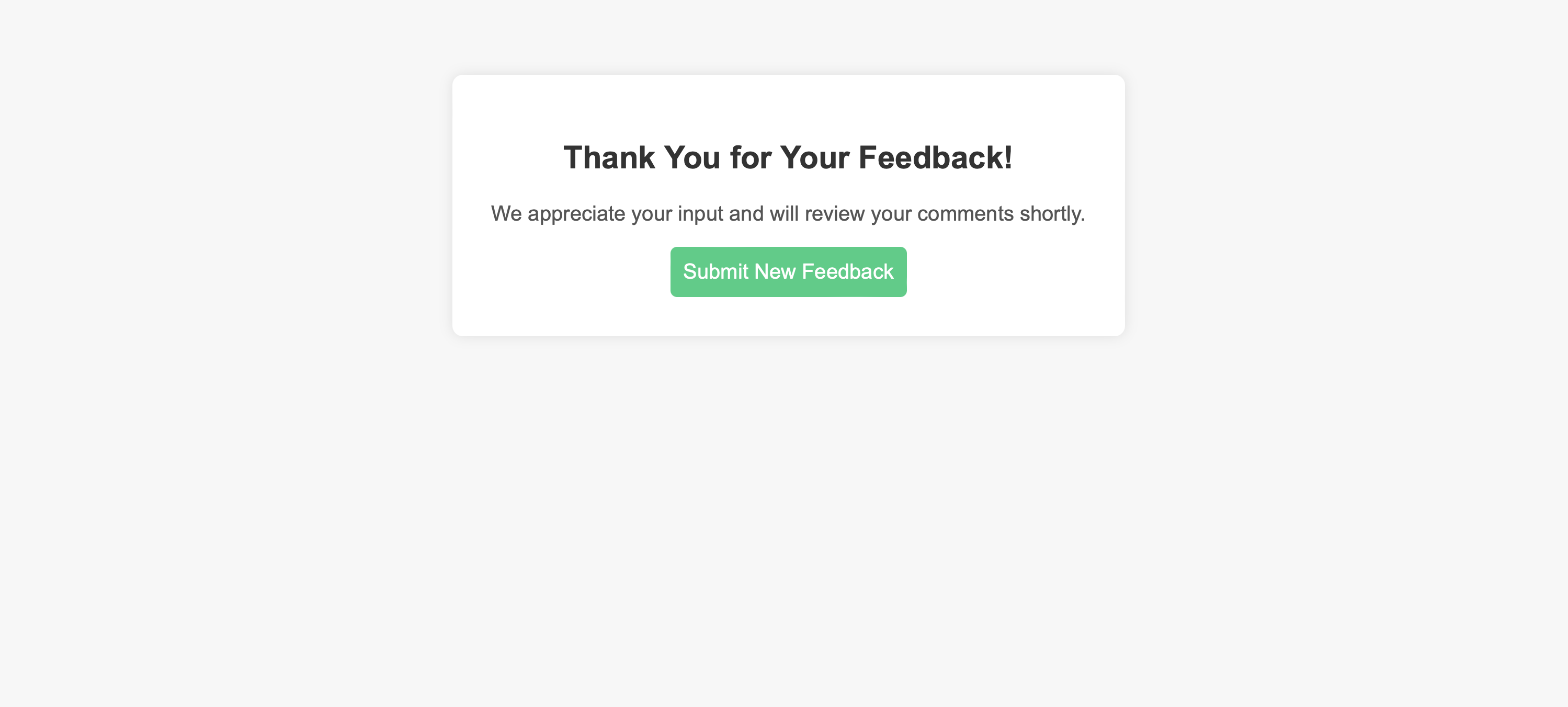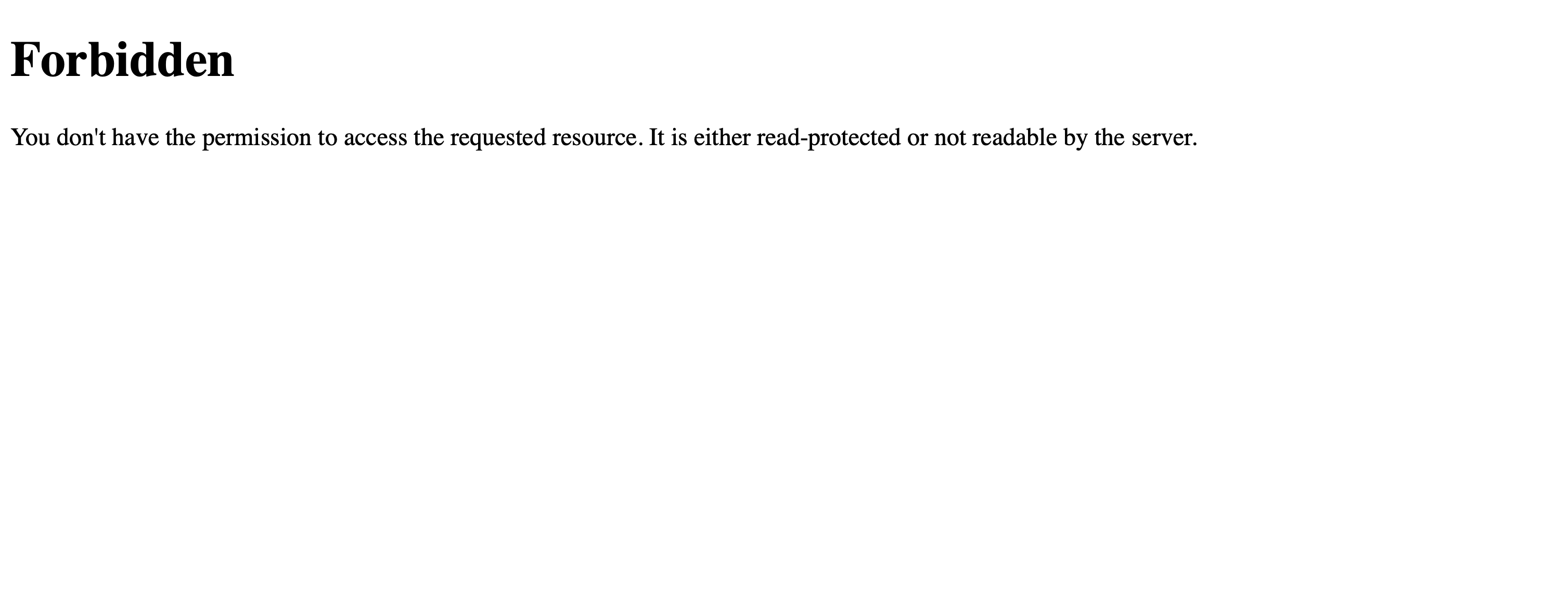This year’s IntakeCTF for the Warwick Cyber Security Society included a challenge that I created. I’ll be going over the challenge and its solution, and I hope participants found it fun & intuitive.
Web: Rate the Vibes
Description:
The society has set up a website to gather feedback to improve future events and competitions. Due to a misconfiguration, you may find a way to access more information than intended. - 500 points
Solution:
You start with a simple web app that collects feedback through a form and redirects you to a thank you page.


The first step to solving the challenge was to take a look at the homepage’s source code. By viewing the source, you’d discover a comment for an outdated endpoint that was once used to store feedback data.

Accessing this endpoint returns a JSON response like so:
{
"message": "Archive has been disabled. No data here.",
"status": "error"
}
This clue points to the existence of the /submissions endpoint, which you could also find using a directory brute-forcing tool like Gobuster.

Once the /submissions endpoint is identified, the goal is to bypass the 403 Forbidden message to gain access to all user feedback.
A common bypass technique is to try different HTTP methods such as GET, POST, PUT, etc. If a POST request is sent to /submissions, you get a hint to think about the request’s origin.
% curl -X POST {ip}:{port}/submissions
{
"message": "POST request received, but nothing special here. Are you sure you're coming from the right place?"
}
The correct method to bypass the 403 error is setting the X-Forwarded-For header to 127.0.0.1. This simulates a misconfigured environment where requests originating from localhost are trusted and can bypass IP-based blocklists.
The following command can be used to retrieve the flag: curl -H "X-Forwarded-For: 127.0.0.1" http://{ip}:{port}/submissions, or manually set the header using a tool like Burp Suite and send the request.

Flag:
Intake24{******************}